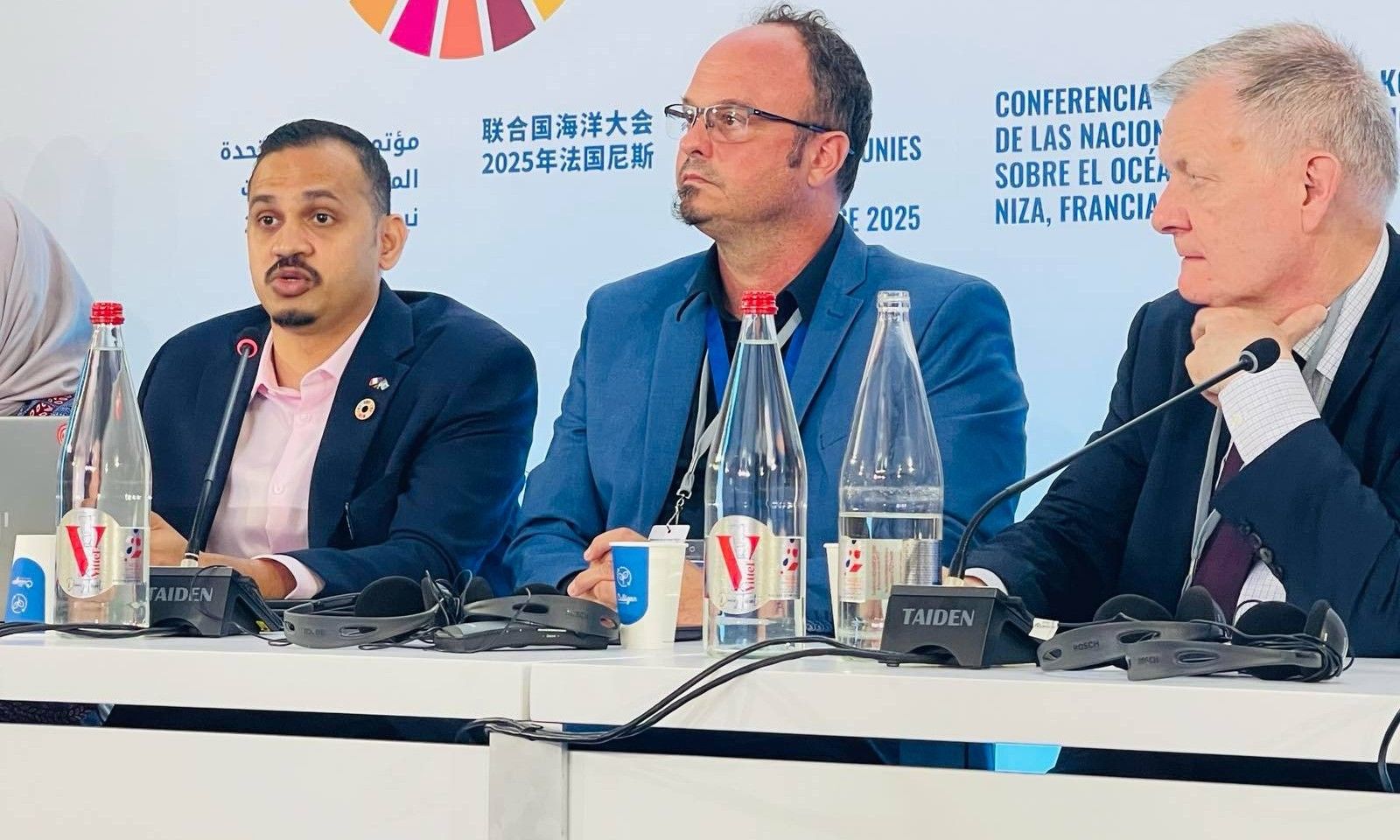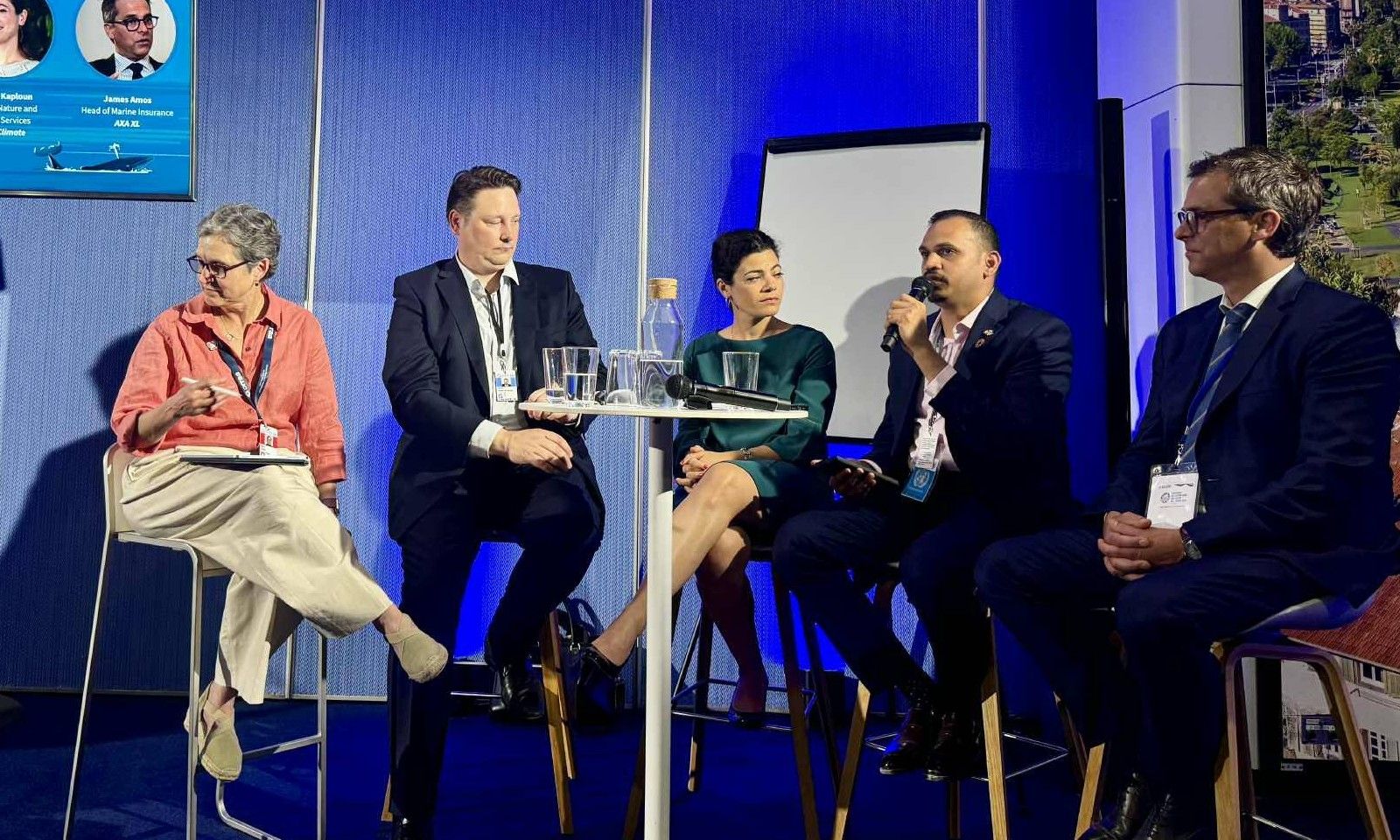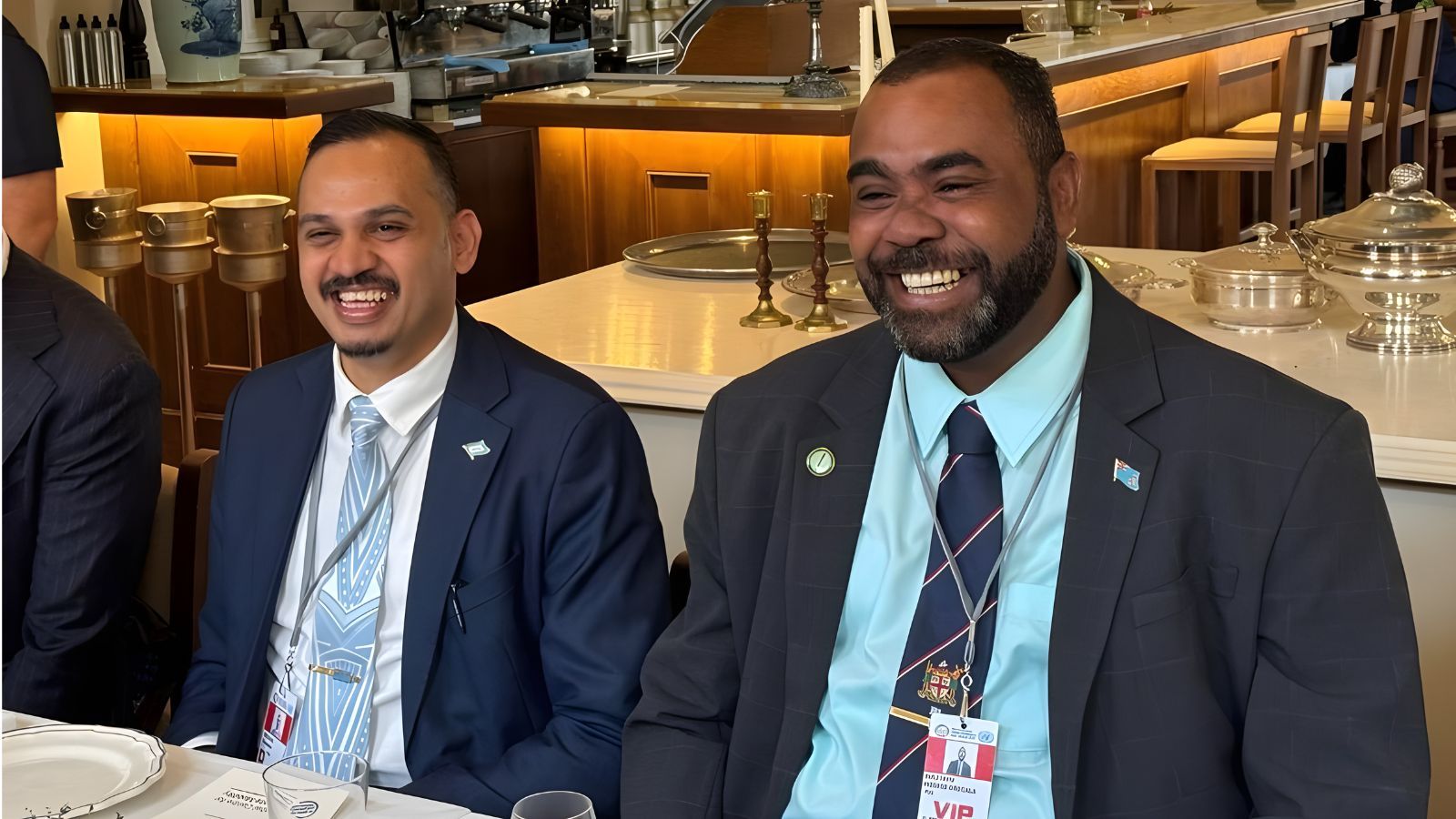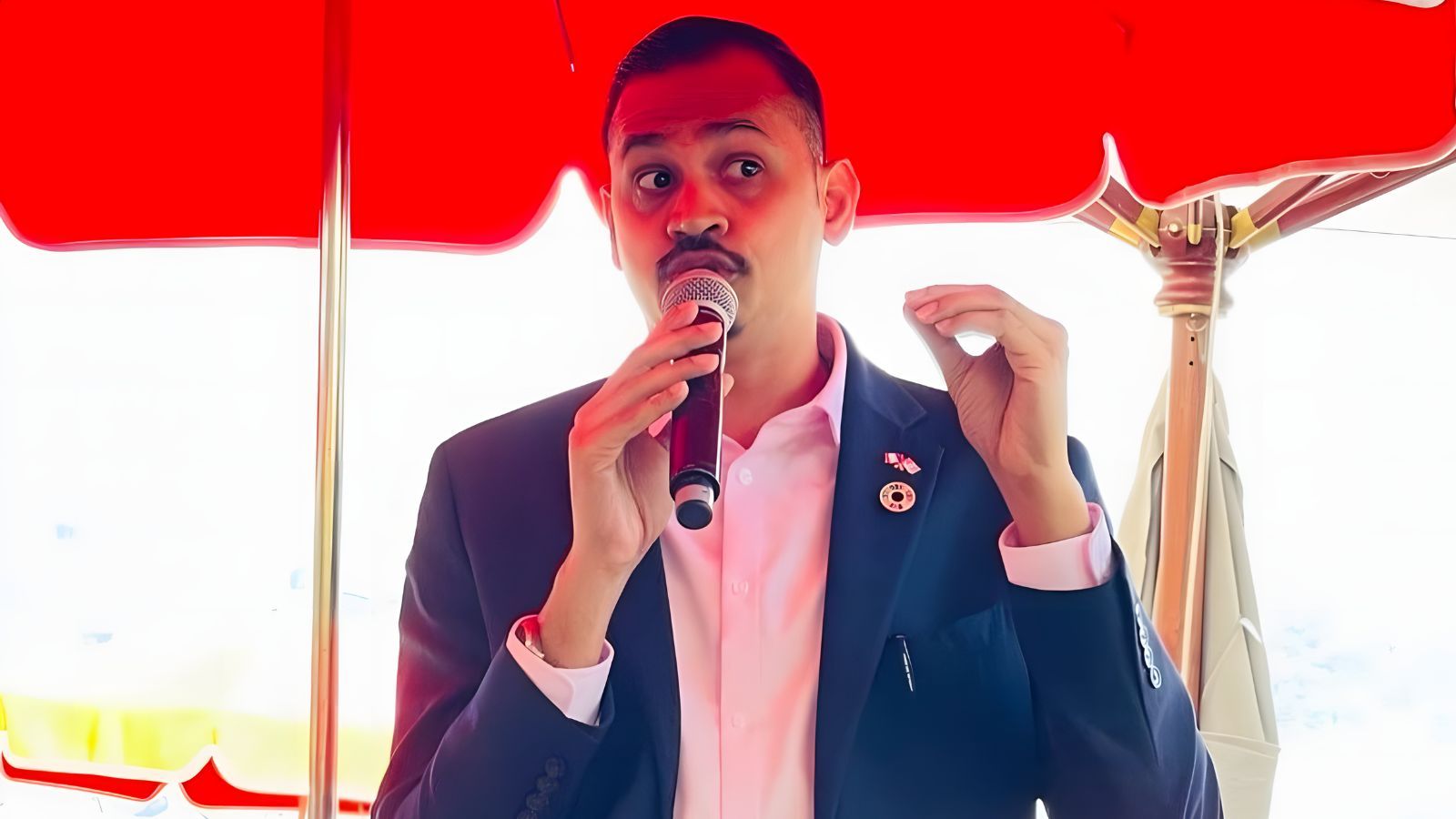

Fiji's Permanent Secretary for Environment and Climate Change Sivendra Michael
Photo/Supplied
UN Oceans Summit: Fiji mobilising resources to protect vital marine ecosystems, says govt
As the Pacific grapples with inequities in financing ocean conservation, leaders unite to advocate for more robust international support and ensure the health of the world’s oceans.



Major court case begins in Fiji: 4.15 tonnes of meth seized amid rising Pacific drug concerns

Labour ‘the alternative’ for Pacific voters - MP



Major court case begins in Fiji: 4.15 tonnes of meth seized amid rising Pacific drug concerns

Labour ‘the alternative’ for Pacific voters - MP
Fiji is joining its Pacific neighbours at the UN Oceans Conference in France, urging the mobilisation of resources to protect its marine resources.
The theme for the conference is to accelerate action and mobilise all stakeholders to conserve and sustainably use the ocean.
Fiji’s Permanent Secretary for Environment and Climate Change, Sivendra Michael, says that while the demands of ocean custodians for access to resources are acknowledged, not enough action is being taken.
“I think the hearing is not the issue, but it's reacting and doing something about what's being heard,” Michael told PNM News.
“The funding, the technologies, the capacity building in areas we are discussing are still very limited.
“So I think that, you know, more needs to be done in terms of implementation and making the resources available.”

Sivendra Michael, left, at a media conference during the UN Oceans Conference. Photo/Supplied
Pacific island nations are advocating for financial support for ocean actions to meet Sustainable Development Goal (SDG) 14 - Life Below Water - which seeks to conserve and sustainably use the oceans, seas, and marine resources for sustainable development.
Michael says the Pacific Ocean accounts for 50 per cent of the world's tuna supply and functions as the largest remaining "blue lung”, absorbing carbon and supporting ecosystems that benefit other regions.
He says this perspective should guide economic development and prosperity among Pacific nations.
“I think this is where we are coming in very hard in order to try and push for actual resources to be mobilised, you know, for this to be done properly.
“When it's done properly, the Pacific or Pacific large ocean states are able to implement successfully.”
Listen to Sivendra Michael's full interview below.
The Permanent Secretary also stressed the importance of Pacific representation at the global conference, saying that it allows their voices as leaders in ocean protection to be heard.
“If we are not at the conference, then we don't have a voice. It’s very important for us to be here and our leaders to be here, to be heard, to make it known, and to be able to establish those partnerships,” Michael says.
“These things cannot happen in a silo. It takes more time, you know, for everyone to come together around one table.
“These conferences provide those opportunities to surface all those issues that continue to affect us and pave a solid pact or develop a pact around how we plan to navigate around this issue."

Sivendra Michael at a panel discussion at the UN Oceans Conference in Nice, France. Photo/Supplied
Michael adds that while advancing national commitments is important, fostering solidarity among global partners on prioritised issues is equally significant.
Palau’s Minister of Agriculture, Fisheries, and the Environment, Steven Victor, addressed an Oceans Action Panel, saying that Pacific countries are not only custodians of the vast ocean but also champions of its protection.
“Yet, in a bitter paradox, while we lead globally in safeguarding our marine resources, Pacific Island Countries remain among the least supported in doing so,” Victor says. “Despite our stewardship, we face persistent inequities in access to finance.
“SDG 14 - Life Below Water - is the least funded of all the SDGs, and Small Island Developing States receive just a fraction 0.22 per cent - of global climate finance.”

Sivendra Michael with Fiji's Minister for Environment and Climate Change, Mosese Bulitavu. Photo/Supplied
Meanwhile, Fiji, Vanuatu, Solomon Islands, and Tuvalu have joined 14 other countries in depositing their instruments of ratification for the Biodiversity Beyond National Jurisdiction (BBNJ) agreement.
Michael says this is a milestone achievement for Fiji, adding that Fiji is committed to protecting marine life in areas beyond national jurisdiction.
The ratification of the BBNJ Treaty is a significant step towards achieving the global United Nations ‘30x30 targets’, which aim to protect 30 per cent of the world’s land and ocean by 2030. It also embodies the spirit of a “People and Nature Positive Pacific”.
The BBNJ Treaty, adopted in 2023 after nearly two decades of negotiation, represents a global effort to establish equitable, science-based biodiversity governance in areas beyond national jurisdictions, covering nearly half the planet’s surface.

Sivendra Michael says not enough is being done to protect our oceans. Photo/Supplied
A strong contingent of Pacific leaders also met with French President Emmanuel Macron during the global summit.
Their discussions focussed on strengthening collaboration on climate action, ocean governance, and regional peace and security.
“That was a very important discussion because we must acknowledge that we have sensitive issues, whether it's marine time boundaries, whether it's unregulated fishing, whether it's ocean pollution or marine pollution or so forth.
“We have occurrences of these issues that are coupled by a range of factors, and we talked about what we want to do about it.”